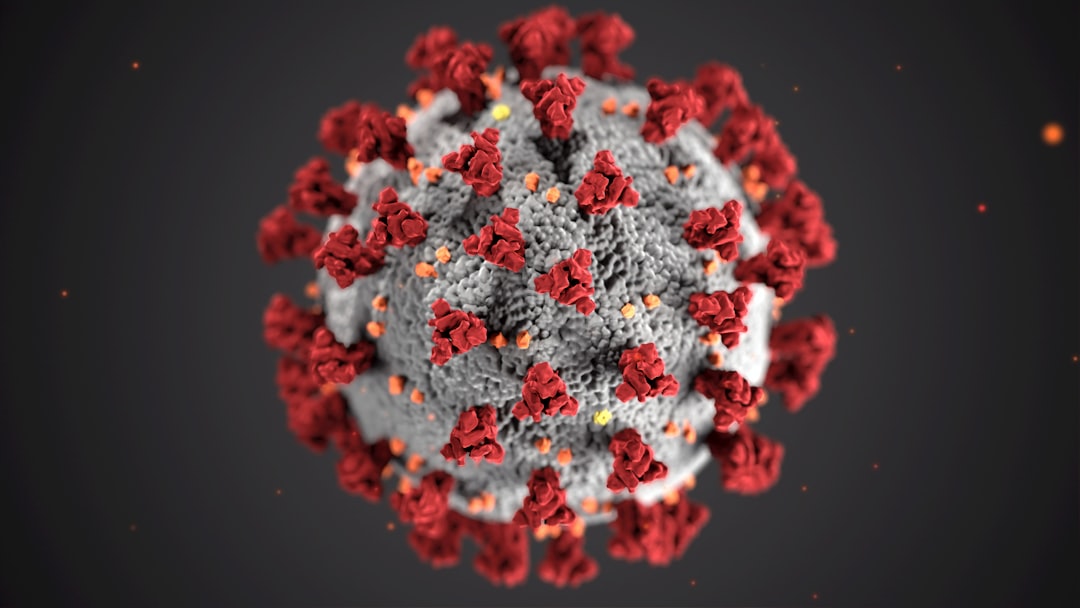What is it about?
Alpha-fetoprotein (AFP) well known as an oncodevelopmental antigen and the first tumor marker discovered, through its 67 kD AFP receptor (AFPr), is thought to prevent normal aging at the cellular level in part by blocking apoptosis. At the whole host level, paradoxically this leads to aging. (Think of aged skin as having problems dying, thereby they linger and need exfoliation to reveal a more youthful appearance.) The 67 kD AFPr is highly expressed at the cell surface of over 90 % of the common adenocarcinomas (solid tumors) but is also expressed on semi-activated macrophages. HERE AFP blocks apoptosis and generates an immunosuppressive signal. These dysfunctional, lingering macrophages may contribute to immunosuppression and paradoxically also inflammation (which we now call immunosenescence). Agents which may bind and inactivate AFP or which may downmodulate its expression (such as DHEA, the youth hormone) may be useful to reverse anti-cellular senescence (or immunosenescence).
Featured Image
Why is it important?
This paper (1994) may be one of the first to imply the malignant nature of cancer was a phenotype and thus not a genotype, and accordingly, a malignant tumor could be reverted to benign such as by using agents able to block AFP activity or expression. It was only in 2013 that Dr. Robert A. Weinberg received the 2013 Breakthrough Prize in Life Sciences for his work on establishing that the malignant potential of tumors is not genetically determined (Tam & Weinberg, 2013).
Perspectives
This paper was about 20 years ahead of its time. Currently, a new immunosenescence paradigm has been published (Laderoute MP., Discovery Medicine, Dec 2015) which replaces the anti-cellular senescence idea. Immunosenescence is thought to be causally related to many if not most acquired chronic illness in the adult, and involves the blocked release of HERV-K102 particles from foamy macrophages by active AFP. However, in non-aged or healthy adults, sufficient DHEA to cortisol ratios leads to inactivation of AFP (DHEA inhibits AFP at the protein level and probably its expression by cortisol), and thus immunosenescence is prevented.
Dr. Marian P Laderoute
Immune System Managment Clinic & Lab
Read the Original
This page is a summary of: A new perspective on the nature of the cancer problem: Anti-cellular senescence, Molecular Carcinogenesis, July 1994, Wiley,
DOI: 10.1002/mc.2940100303.
You can read the full text:
Contributors
The following have contributed to this page










